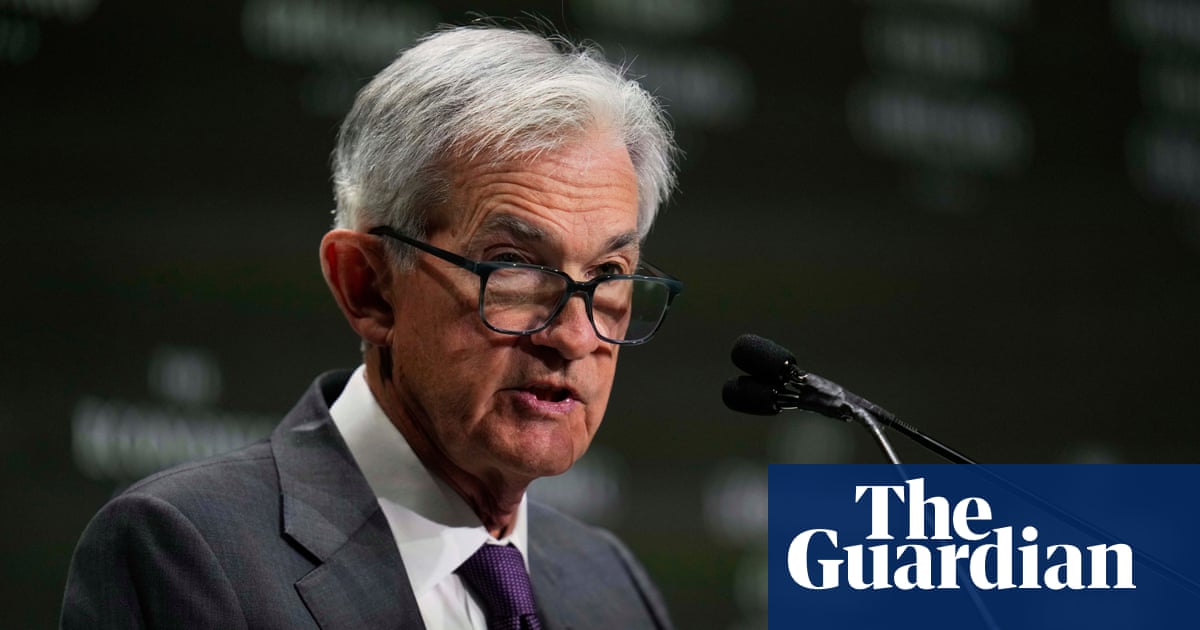The news article focuses on Donald Trump's recent remarks regarding Jerome Powell, the Federal Reserve chairman. It presents a complex interplay of political rhetoric, economic implications, and market reactions that are crucial to understanding the broader context of U.S. economic policy.
Political Dynamics and Messaging
Trump's statement about not planning to fire Powell contrasts sharply with his previous harsh criticisms. By publicly affirming his intention to retain Powell, Trump may be attempting to stabilize investor confidence after his prior comments spooked the markets. The volatility in U.S. stock markets, which bounced back following Trump's remarks, indicates that his words carry significant weight. This suggests that the intention behind the article is to convey a sense of reassurance to both investors and the general public about the stability of economic leadership.
Market Impact and Investor Sentiment
The Fed's independence is a cornerstone of U.S. monetary policy. Trump's attacks on Powell, combined with his calls for interest rate cuts, reflect a tension between political influence and economic policy. The article notes that this tension has caused fluctuations in stock and bond prices, as well as a surge in gold prices, a traditional safe-haven asset. By highlighting these economic reactions, the article implies that Trump's statements could lead to further market instability, particularly if investors perceive a threat to the Fed's independence.
Public Perception and Media Influence
Trump's remarks about the media, accusing them of misrepresenting his intentions, suggest a broader narrative about controlling the public discourse. His assertion that he never intended to fire Powell may serve to counteract negative media portrayals and reinforce his image as a decisive leader. The article's framing of Trump's comments could influence public perception, painting him as someone who is reconsidering his approach rather than being erratic.
Broader Economic Implications
The article also touches on the Fed's dual mandate of maximizing employment and controlling inflation, emphasizing the delicate balance the institution must maintain. Trump's tariffs on U.S. trading partners, as mentioned by Powell, could complicate this balance and exacerbate inflationary pressures. This context is crucial for readers to understand the potential ramifications of Trump's policies on the U.S. economy.
Audience Engagement and Community Response
The article appears to target an audience that is concerned about economic stability, including investors, business leaders, and policymakers. By addressing the concerns surrounding the Fed's independence and Trump's influence, it seeks to engage readers who are invested in the economic landscape.
Manipulative Aspects and Trustworthiness
While the article provides factual information about Trump's statements and their implications, the emphasis on his contradictory remarks may be seen as manipulative. It raises questions about the reliability of Trump's commitments and the potential for market manipulation through political rhetoric. The overall tone could lead readers to question the stability of economic leadership under Trump's administration.
In conclusion, the article presents a nuanced view of Trump's comments on Jerome Powell, reflecting the complex relationship between politics and economic policy. The reliability of the information provided is generally sound, as it reports on verifiable statements and market reactions. However, the framing may influence public perception and investor sentiment.
